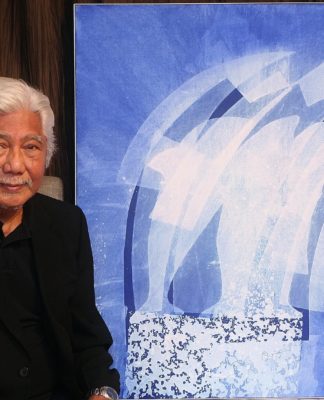
A MAD person cannot think straight. Well, so does an angry one.
If what presidential spokespersons were saying is true, President Macapagal-Arroyo should calm herself down and think first before making any move.
Of course, people cannot blame the President for reacting vehemently on an “unverified” report of how members of an anonymous drug syndicate allegedly kidnapped and raped a daughter of an anti-narcotics agent. Nevertheless, impulsive reactions, as evinced from her own people in the executive and her allies in the legislature, may sometimes lead to hasty decisions and actions that may reflect on the mercurial — and ultimately shallow — way of Filipino governance and policy planning.
Thankfully, the Catholic Bishops Conference of the Philippines has opposed knee-jerk calls for the return of the death penalty by the administration and opposition. The CBCP said that capital punishment “will not address the real problem rooted in poverty and poor law enforcement.”
In short, the government is looking for the wrong solution.
The Philippines was hailed around the world, notably by the Pope, Spain and the rest of Europe, in 2006 when it abolished the death penalty. If the capital punishment really does help deter crime, how come evil elements like rapists continued to plague the society despite convictions and killings of criminals since Leo Echegaray, the first Filipino to die through lethal injection in 1999 since capital punishment was first abolished in 1986?
Politicians are barking up the wrong tree in saying that death penalty is the solution to the decades-old problem of drug trafficking. How can a killer be a solution to another killer? There is no difference between a drug smelled by a person that kills himself slowly, and a drug being injected to a criminal to stop his heart from beating. The latter is even worse for it deprives the offender the right of a second chance.
Harsher punishments may be readily available for offenders, but nothing beats a speedy and fair trial that lead to justice for both offender and offended. This can only be attained if laws are properly implemented and followed. As we see it, the problem lies not on the proliferation of crime, but on the incapability of government to implement laws. If drug pushers and users then are to be meted the death penalty, government officials killing Filipinos with a poor justice system should likewise be put in the death row.
It may be time-consuming, but it should be noted that there are no shortcuts to real justice. Intrinsic in authentic justice is reformation: even criminals deserve that. The Philippine justice system has a long way to go in terms of upholding human rights, and reviving the death penalty, for all intents and purposes, will just mean that the Philippines has given up already its fight to curb the roots of social iniquity and provide authentic justice for all.
















